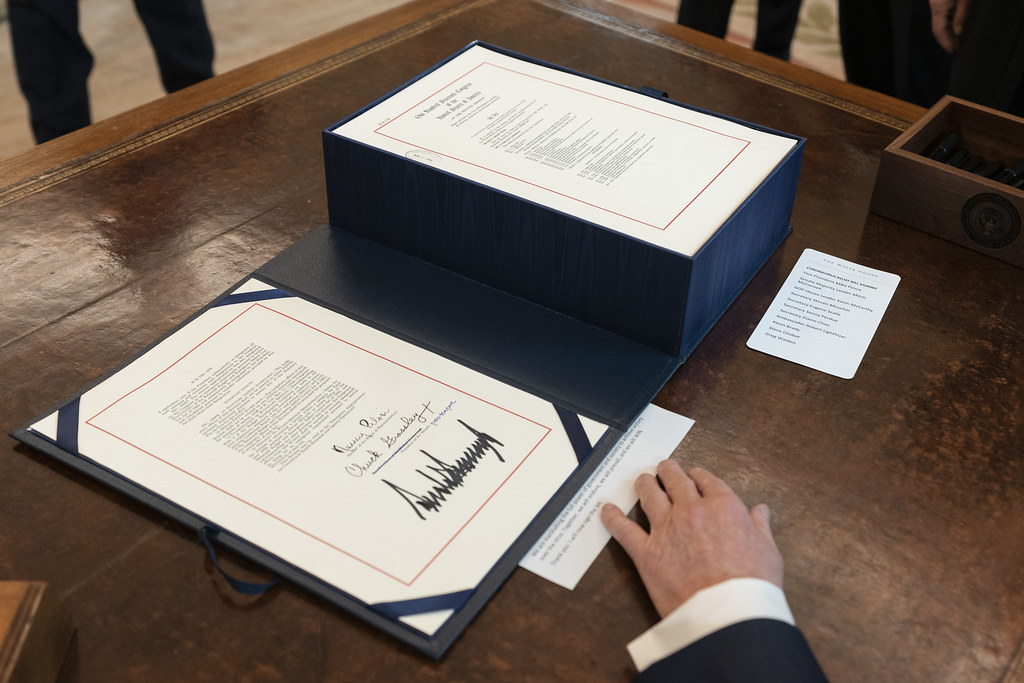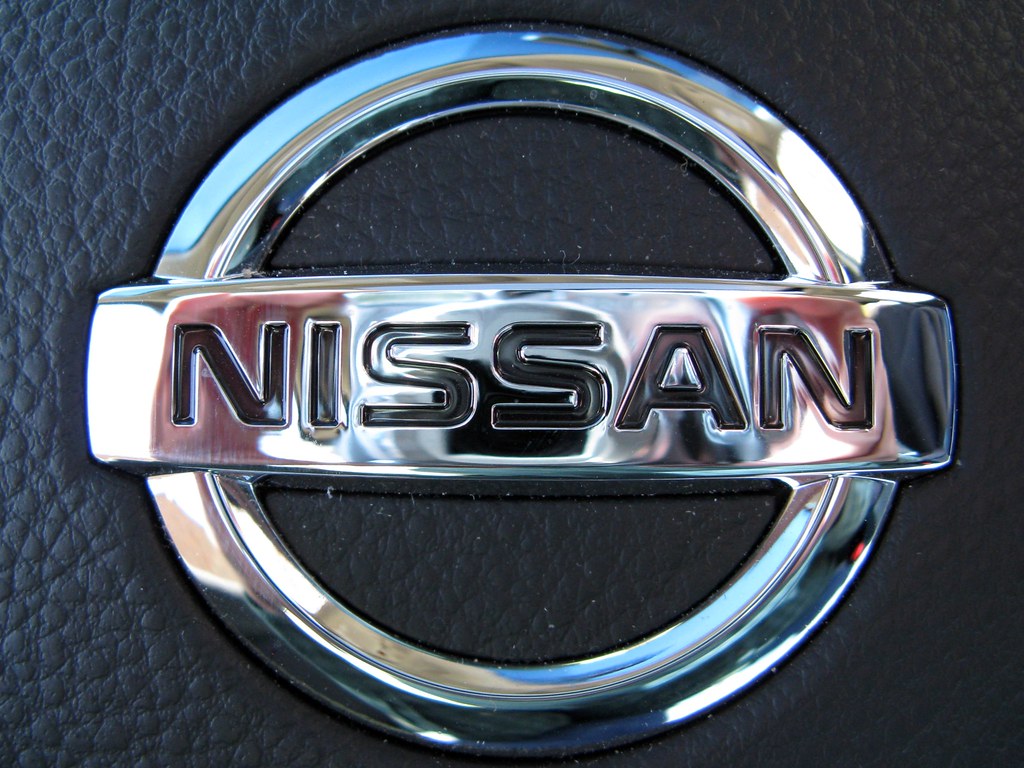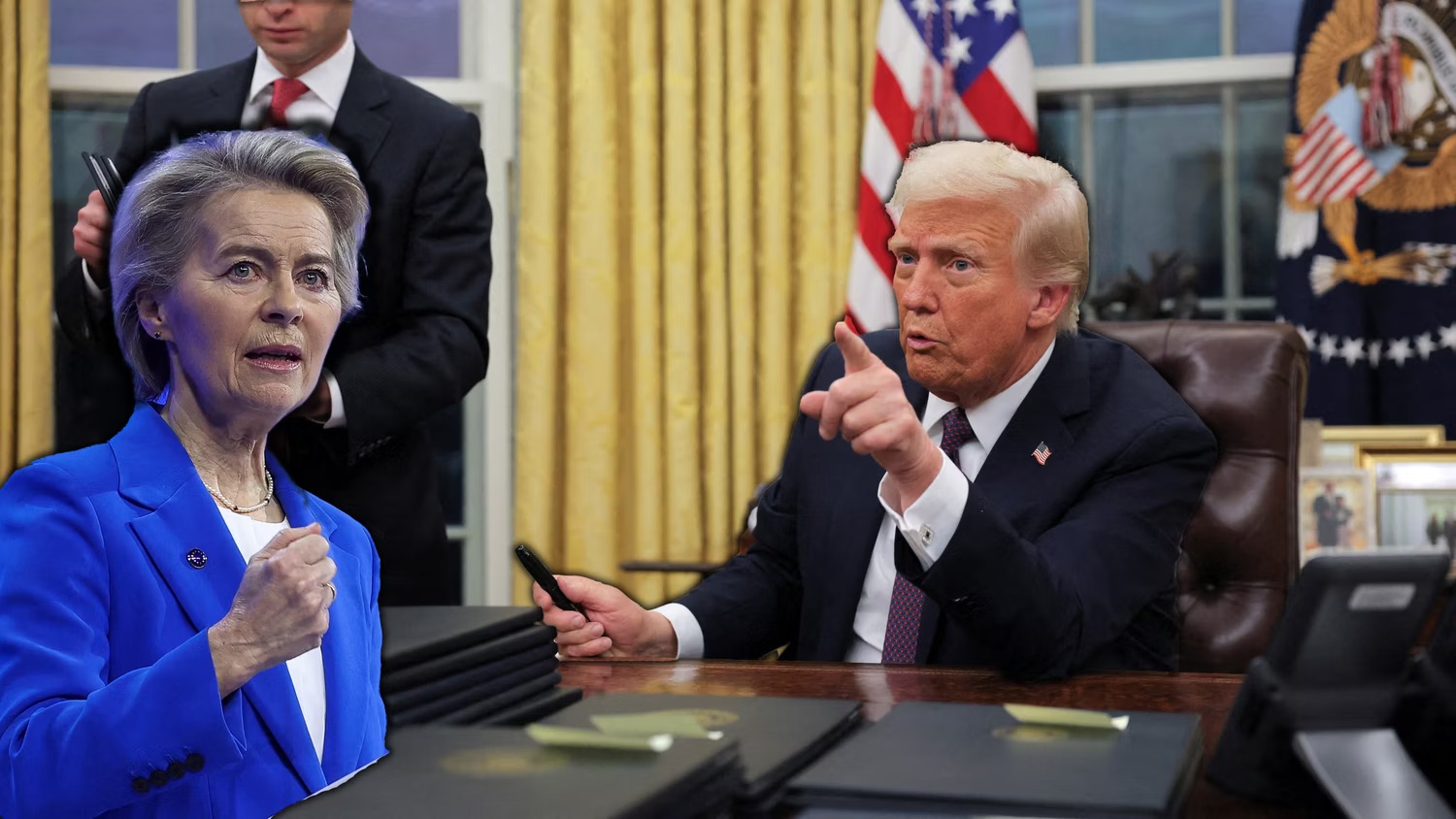A Nigerian data and policy analyst, Obinna Uzoije, has commended the European Union’s recent implementation of the Markets in Crypto-Assets Regulation (MiCA) pertaining to stablecoins. He believes that such regulatory frameworks are crucial for jurisdictions to safeguard their economic interests and local currencies against the unpredictable nature of cryptocurrencies.
European Union’s MiCA Framework
MiCA’s stablecoin regulations, which took effect on June 30, represent a significant advancement in the regulation of crypto assets within Europe. This regulatory framework mandates that issuers and other related entities must obtain a MiCA license to offer or trade asset-referenced tokens or e-money tokens publicly within the EU. This move is aimed at enhancing consumer protection and maintaining financial stability within the region.
During his interview with Cointelegraph, Uzoije outlined several lessons that the Economic Community of West African States (ECOWAS) could draw from Europe’s regulatory approach. He pointed out that Africa sees a higher volume of stablecoin transactions compared to other digital assets, which underscores the importance of a tailored regulatory framework for cryptocurrencies.
Uzoije believes that under the leadership of Nigerian President Bola Tinubu, who currently presides over ECOWAS, there is an opportune moment to craft a cohesive regulatory framework for cryptocurrencies. This framework would be instrumental in mitigating the existing bans and stringent regulations that member countries like Sierra Leone have imposed on cryptocurrencies.
Benefits of a Unified Framework
A harmonized regulatory approach across the 15 member countries of ECOWAS could provide clarity and confidence to potential crypto investors, thus attracting more investment into the region. Uzoije argues that such a framework would reduce the regulatory burdens associated with having to comply with disparate national regulations across the bloc.
The analyst also noted the ongoing regulatory challenges with crypto exchanges like Binance in Nigeria, where money laundering concerns are prevalent. He suggested that a unified ECOWAS regulatory framework would enhance the capability of member states to monitor and combat money laundering and potentially finance terrorism through cryptocurrencies.
Clear, region-wide regulations could serve as a robust mechanism to not only attract investment but also to safeguard the financial system of the ECOWAS region from the risks associated with the volatile crypto market.
Adopting a regulatory framework similar to Europe’s MiCA could position ECOWAS as a leader in cryptocurrency regulation in Africa. This move could pave the way for increased security, stability, and investor confidence across the region, ultimately fostering a more resilient and prosperous economic environment.










